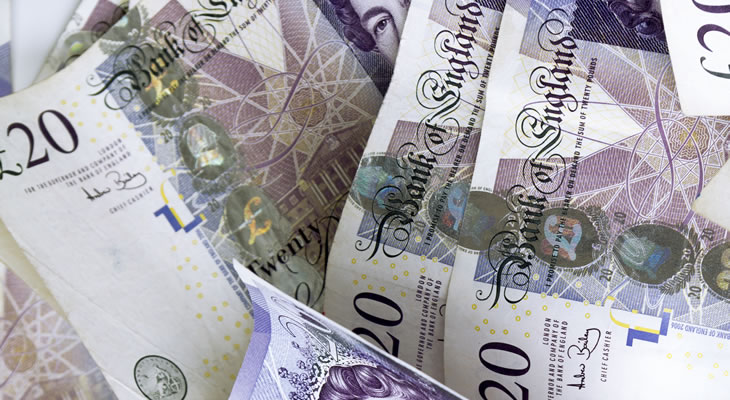Brexit Uncertainty Continues to Weigh on GBP/CAD Exchange Rate
As anticipation mounts ahead of the October EU summit the odds of an imminent Brexit deal have eased, leaving Pound Sterling (GBP) on a weaker footing.
With members of Theresa May’s cabinet still pushing back against plans for an indefinite customs backstop the path to an agreement remains fraught.
Comments from Prime Minister’s spokeswoman Alison Donnelly further dampened an earlier sense of optimism over Brexit.
As Donnelly noted that big issues remain ahead of the EU summit and warned that any Irish backstop can only be temporary the mood towards the Pound soured.
The lingering threat of a harder form of Brexit continues to cast a shadow over the UK outlook, keeping the Pound Sterling to Canadian Dollar (GBP/CAD) exchange rate under pressure.
Diminished Market Risk Aversion Benefits Canadian Dollar (CAD)
Hopes of an easing in US-China trade tensions helped to shore up the Canadian Dollar (CAD) ahead of the weekend.
Reports of potential side-line discussions at the upcoming G20 meeting encouraged a renewed sense of market risk appetite, pushing CAD exchange rates higher.
This easing in tensions put a floor under oil prices, meanwhile, preventing Brent crude from falling below the psychologically important US$80 per barrel mark.
In the wake of Thursday’s weaker-than-expected US consumer price index data an easing in Federal Reserve interest rate hike bets has also benefitted the Canadian Dollar.
However, the GBP/CAD exchange rate may find a rallying point in the week ahead if September’s Canadian inflation data proves disappointing.
Another month of contracting price pressures would reduce the odds of the Bank of Canada (BOC) raising interest rates again in the near future, something which would leave the Canadian Dollar biased to the downside.
On the other hand, an uptick in the headline inflation rate could see CAD exchange rates gaining fresh ground.
UK Inflation Acceleration Forecast to Boost Pound Sterling (GBP) Exchange Rates
Focus will also fall on the latest UK consumer price index data on Wednesday, with forecasts pointing towards another tick higher.
If inflation accelerates to 2.8% on the year this would give the Bank of England (BoE) greater incentive to tighten monetary policy further.
A stronger inflation rate may be offset by a slowdown in average weekly earnings in the three months to August, though.
Signs that domestic wage growth is still struggling to gain any traction would leave the GBP/CAD exchange rate vulnerable to fresh losses.
However, Brexit developments look set to remain the primary driving force of Pound sentiment for some time yet to come.
If relations between the UK and EU show fresh signs of souring this could drag the Pound Sterling to Canadian Dollar (GBP/CAD) exchange rate sharply lower.


Comments are closed.